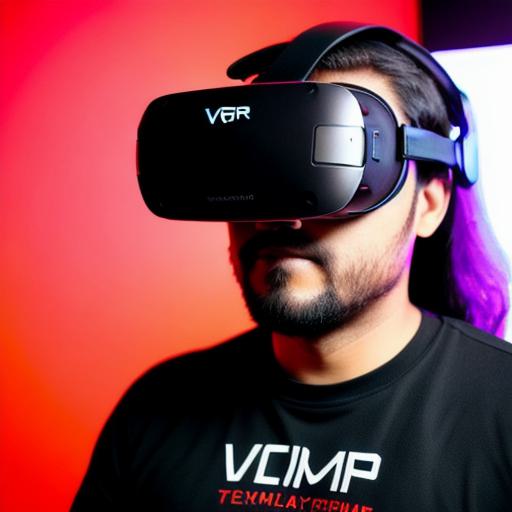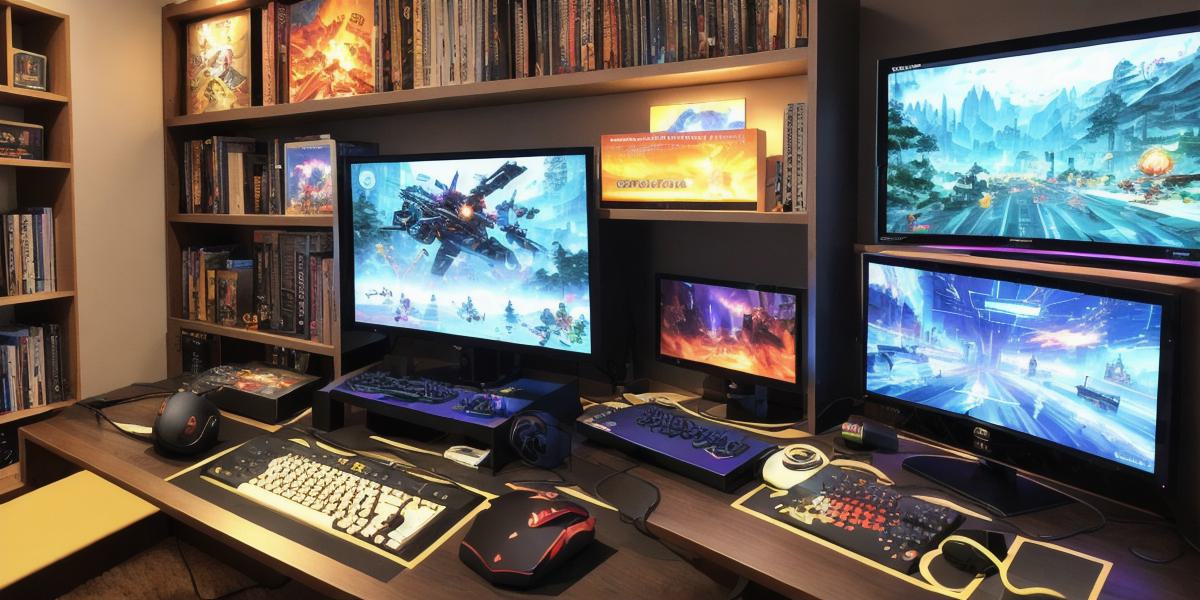If you’re passionate about creating immersive and entertaining games, then becoming a game developer might just be the perfect career choice for you. With the global video game market expected to reach $274 billion by 2028, there has never been a better time to enter this exciting industry. In this comprehensive guide, we’ll explore everything you need to know about how to become a game developer in 2023, including the skills and qualifications required, as well as the most popular career paths within the field.
Table of Contents
-
Introduction: What is Game Development?
- Definition of game development
- Evolution of the industry
-
The Skills You Need to Become a Game Developer
- Technical skills
- Creative skills

- Communication and teamwork skills
-
Qualifications for Game Development Careers
- Education and certifications
- Work experience and internships
-
Popular Career Paths in Game Development
- Programming and development
- Game design and artistry
- Production and management
- Quality assurance and testing
-
The Future of Game Development
- Trends and innovations in the industry
- Opportunities for growth and specialization
-
FAQs: Frequently Asked Questions About Becoming a Game Developer
-
Conclusion: The Benefits and Rewards of a Career in Game Development
-
Introduction: What is Game Development?
Game development refers to the process of creating video games, including everything from design and programming to art and sound. It involves a team of skilled professionals who work together to bring game ideas to life. The industry has come a long way since its early days, with advances in technology and a growing demand for immersive gaming experiences driving innovation and growth.
- The Skills You Need to Become a Game Developer
Becoming a game developer requires a combination of technical, creative, and communication skills. Here are some of the key skills you’ll need:
- Technical skills: These include proficiency in programming languages like C++, Java, and Python, as well as knowledge of game engines like Unity and Unreal Engine. Familiarity with database management systems and server-side scripting can also be useful.
- Creative skills: Game development requires a strong imagination and the ability to think creatively about game mechanics and storytelling. Good communication skills are essential for collaborating with other members of the development team.
- Communication and teamwork skills: Game development is a highly collaborative process, so it’s important to be able to communicate effectively with other team members. Strong project management skills can also be helpful in keeping projects on track and ensuring that deadlines are met.
- Qualifications for Game Development Careers
There are several paths to becoming a game developer, depending on your educational background and experience. Here are some common qualifications:
- Education and certifications: Many game development roles require a degree in computer science or a related field, as well as industry-recognized certifications like the Certified Unity Developer (CUD) or the Game Developer Associate (GDA).
- Work experience and internships: Gaining practical experience through internships or entry-level positions can be helpful in building your portfolio and demonstrating your skills to potential employers.
- Popular Career Paths in Game Development
There are many different career paths within game development, depending on your interests and skill set. Here are some of the most popular:
- Programming and development: This includes roles like game programmer, game engine developer, and mobile app developer. Strong programming skills and knowledge of game engines are essential for this career path.
- Game design and artistry: These roles involve creating the content and visuals that make up a game, including game mechanics, characters, and levels. Good artistic skills and a strong understanding of user experience (UX) design can be helpful in this career.
- Production and management: This includes roles like game producer, project manager, and quality assurance tester. Strong organizational skills and the ability to manage complex projects are essential for this career path.
